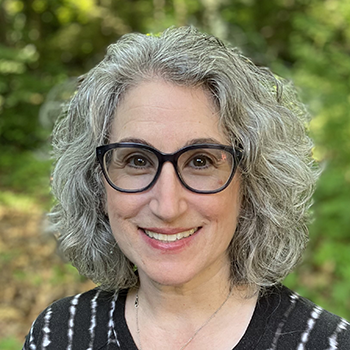Yom Kippur is the most widely known and widely observed fast day on the Jewish calendar. The fast, which includes refraining from all eating and drinking, begins before sundown and ends after sunset the following day.
It is a religious obligation, or mitzvah (commandment), for Jews who are 13 years old and older to fast on Yom Kippur; however, people should never fast if doing so endangers their health or well-being.
Many Jews choose to fast on Yom Kippur as a way to gain spiritual focus for a day spent in solemn reflection. Some say we fast as a demonstration that on Yom Kippur we are concerned not with the body’s needs, but with spiritual matters instead.
Although 13 is the age that children become b’nei mitzvah and are considered adults in religious practice, younger children will sometimes choose to engage in a partial fast and the intention of the holiday, by skipping snacks or one meal.
Remember, there are many medical conditions and circumstances that can make fasting dangerous. Both Jewish tradition and Jewish law forbid fasting if it is unsafe for an individual to do so. For example, some people are unable to fast because the medications they require must be taken with food. In addition, individuals who are pregnant or nursing are exempt from fasting.
See also: Meditation Before Yom Kippur for One Who Cannot Fast
Give to the URJ
The Union for Reform Judaism leads the largest and most diverse Jewish movement in North America.

